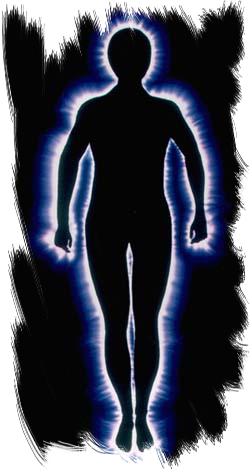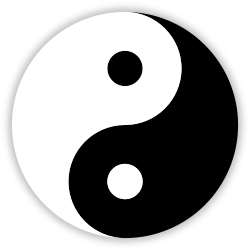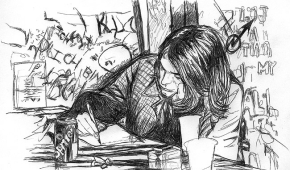Mulatto
Meaning
Definition
- 1 : the first-generation offspring of a black person and a white person
- 2 : a person of mixed white and black ancestry
Mulatto is a person with one white parent and one black parent, or more broadly, a person of mixed black and white ancestry.
Word Origin
mulatto
1595, from Sp. or Port. mulato "of mixed breed," lit. "young mule," from
mulo "mule," from L. mulus (fem. mula) "mule," possibly in allusion to
hybrid origin of mules. Fem. mulatta is attested from 1622.
Etymolgy
The etymology of the term may derive from the Spanish and Portuguese word mulato, which is itself derived from mula (from old Galician-Portuguese, from Latin mūlus), meaning mule, the hybrid offspring of a horse and a donkey. Some dictionaries and scholarly works trace the word's origins to the Arabic term muwallad, which means "a person of mixed ancestry". Muwallad literally means "born, begotten, produced, generated; brought up," with the implication of being born and raised among Arabs, but not of pure Arab blood. Muwallad is derived from the root word WaLaD (Arabic: ولد direct Arabic transliteration: waw, lam, dal), and colloquial Arabic pronunciation can vary greatly. Walad means, "descendant, offspring, scion; child; son; boy; young animal, young one." Muwallad referred to the offspring of Arab men and foreign, non-Arab women.
Light/Dark
 |
 |
 In
Asian philosophy and Chinese philosophy, the concept of yin yang
(simplified Chinese: 阴阳; traditional Chinese: 陰陽; pinyin: yīnyáng),
which is often referred to in the West as "yin and yang", literally meaning
"dark and light", is used to describe how polar opposites or seemingly
contrary forces are interconnected and interdependent in the natural world,
and how they give rise to each other in turn. Yin yang are not opposing
forces (dualities), but complementary opposites, unseen (hidden, feminine)
and seen (manifest, masculine), that interact within a greater whole, as
part of a dynamic system. Everything has both yin and yang aspects as light
cannot exist without darkness and vice-versa, but either of these aspects
may manifest more strongly in particular objects, and may ebb or flow over
time.
In
Asian philosophy and Chinese philosophy, the concept of yin yang
(simplified Chinese: 阴阳; traditional Chinese: 陰陽; pinyin: yīnyáng),
which is often referred to in the West as "yin and yang", literally meaning
"dark and light", is used to describe how polar opposites or seemingly
contrary forces are interconnected and interdependent in the natural world,
and how they give rise to each other in turn. Yin yang are not opposing
forces (dualities), but complementary opposites, unseen (hidden, feminine)
and seen (manifest, masculine), that interact within a greater whole, as
part of a dynamic system. Everything has both yin and yang aspects as light
cannot exist without darkness and vice-versa, but either of these aspects
may manifest more strongly in particular objects, and may ebb or flow over
time.
That which is born of the flesh is flesh; (dark) and that which is born of the Spirit is spirit.(light) John 3:6








